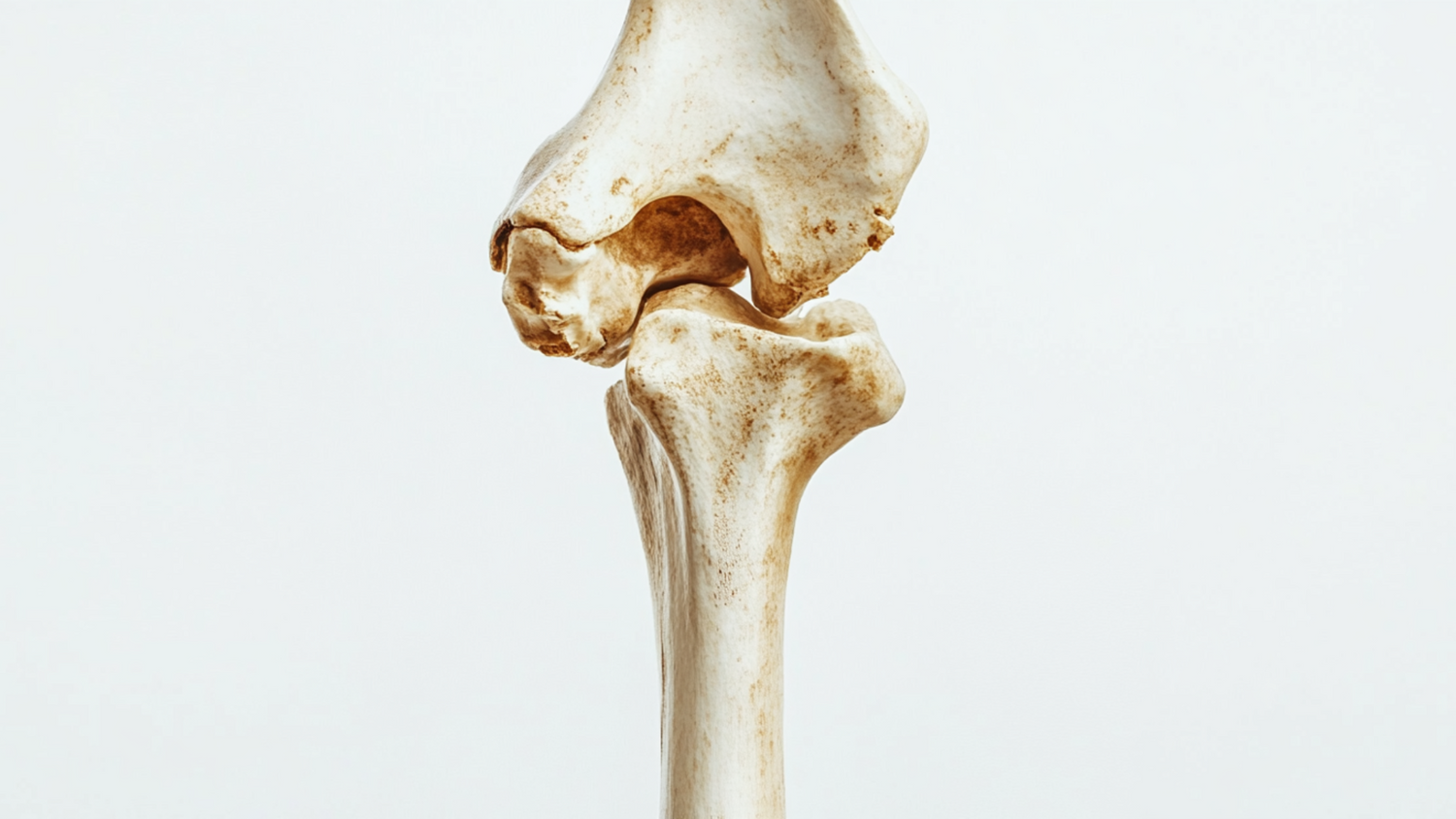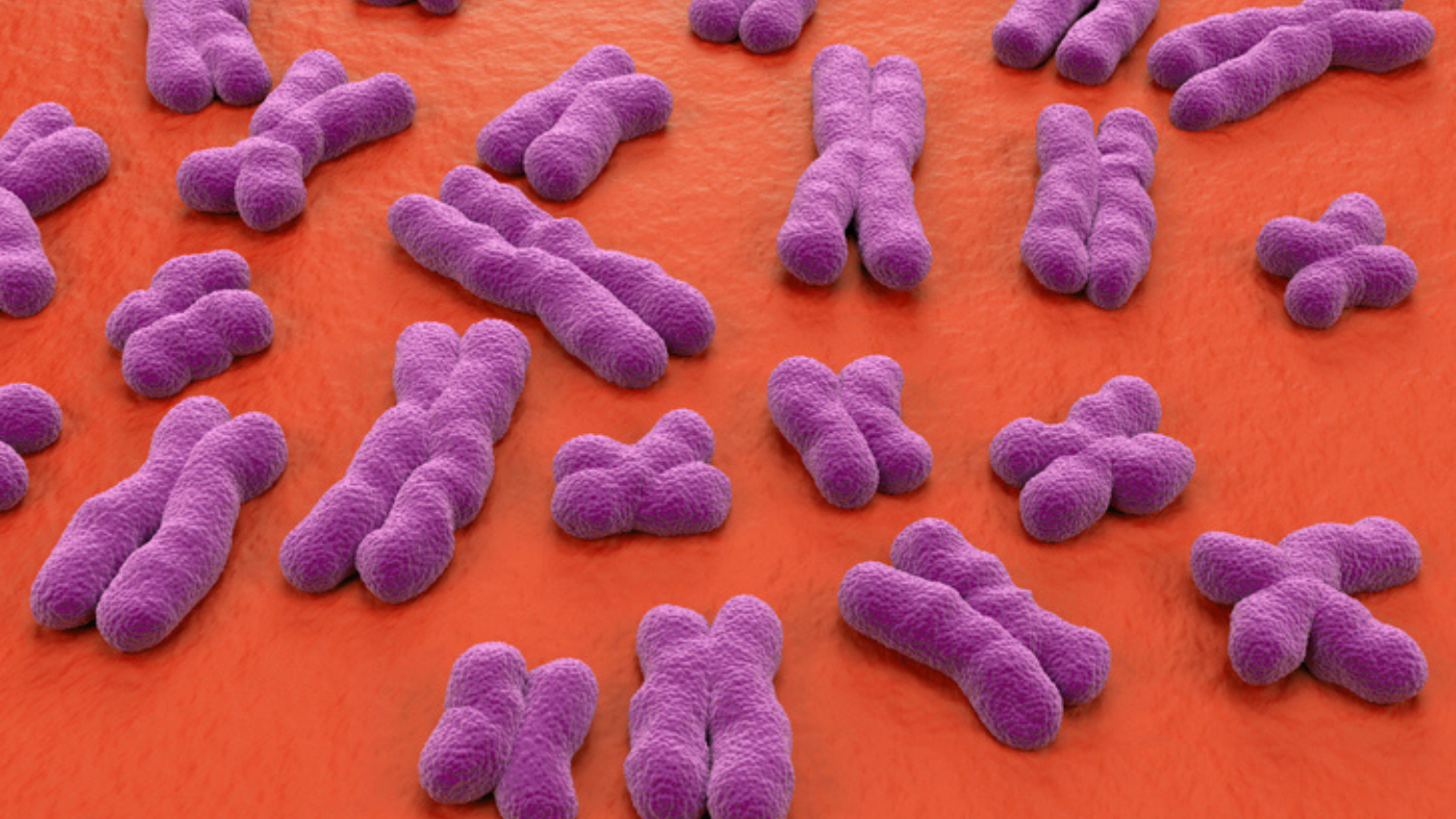Key Takeaways
-
Strong bones are linked to longer life, better mobility, and greater independence as you age.
-
Simple lifestyle changes like weight-bearing exercise and a calcium-rich diet can significantly strengthen your bones.
-
Scientific research shows that bone health influences much more than just your skeleton—it affects heart health, immunity, and longevity too.
Did you know that your bones are living tissue, constantly being broken down and rebuilt—even into your 70s and beyond?
In this blog, you’ll discover why bone health matters so much for longevity, what factors weaken or strengthen your bones over time, and how small, consistent lifestyle choices can help you stay strong and independent well into later life.
Why Bone Health Matters More Than You Might Think
When we think about ageing gracefully, strong bones might not be the first thing that comes to mind—but they should be. Your skeletal system isn’t just a passive structure; it actively influences many vital processes that affect your overall health and longevity.

Studies have found that low bone mineral density (BMD) is associated with higher risks of frailty, heart disease, and even earlier mortality (R).
The good news? Taking steps to strengthen your bones—even small ones—can make a major difference. Investing in your bone health today can mean fewer falls, fewer hospital visits, better balance, and the freedom to keep enjoying all the things you love as you age.
What Happens to Your Bones as You Age?
Peak bone mass usually occurs around your late 20s. After about age 30, bone remodelling—where old bone is replaced by new—becomes less efficient. As oestrogen levels drop during menopause (and testosterone levels fall in men), the balance tips towards more bone being lost than replaced.
Without proactive care, this natural ageing process can lead to osteopenia (mild bone loss) and osteoporosis (severe bone loss), both of which increase the risk of fractures (R).

Osteoporosis is a major public health concern, affecting around 20% of the global population, with prevalence rising sharply in people over 75 years old (R). Importantly, osteoporosis is not an inevitable part of ageing.
How Strong Bones Support a Longer, Healthier Life
Your bones are much more than a framework—they actively regulate minerals like calcium and phosphorus, help produce blood cells, and even interact with your immune system.
Emerging research suggests that bone marrow health is crucial for producing immune cells, meaning good bone health could help protect against infections and chronic diseases (R).
Furthermore, some studies link osteoporosis to an increased risk of cardiovascular disease, highlighting how interconnected your body systems truly are (R).
In simple terms, strong bones support your internal health as much as they support your movement. When your bones are resilient, you’re more likely to stay active, maintain independence, and enjoy life fully as you age.
Common Risk Factors That Weaken Your Bones
Knowing what can compromise your bone health gives you an empowering head start.
Some risk factors include (R):
-
Ageing: Natural declines in bone density after age 50.
-
Sedentary lifestyle: Lack of weight-bearing exercise weakens bones over time.
-
Low calcium and vitamin D intake: These nutrients are critical for bone maintenance.
-
Smoking and alcohol: Both interfere with your bones’ ability to rebuild.
-
Certain medications: Long-term use of corticosteroids can lower bone density.
Interestingly, genetics also plays a role, but even if you have a family history of osteoporosis, lifestyle changes can make a meaningful difference.
Simple, Effective Ways to Strengthen Your Bones
Here’s the good news: there’s plenty you can do at any age to build better bone health and support longevity.
These strategies are scientifically backed and simple to weave into your daily life:
1. Embrace weight-bearing exercise
Activities like walking, hiking, dancing, and resistance training put healthy stress on bones, stimulating growth. Even just 30 minutes a day can create real benefits (R).

2. Get enough calcium and vitamin D
Adults over 50 need about 1,300 mg of calcium daily, found in foods like dairy products, almonds, broccoli, and fortified plant milks. Vitamin D helps your body absorb calcium efficiently; getting some safe sun exposure and considering supplementation if needed can help (R).
3. Eat a bone-healthy diet
Beyond calcium, nutrients like magnesium, vitamin K2, and protein are essential. Think leafy greens, nuts, seeds, eggs, and fatty fish like salmon (R).
4. Maintain a healthy weight
Both underweight and obesity can negatively impact bone health. Aim for a balanced, sustainable weight to protect your skeleton (R).
5. Limit alcohol and quit smoking
Both habits accelerate bone loss and increase fracture risk. Reducing alcohol and avoiding smoking supports not just bones, but your whole body’s resilience (R).
Surprising Links Between Bone Health and Your Brain
Here’s a fascinating new discovery: Researchers are finding that bone loss and cognitive decline might be connected.
A 2021 study suggested that lower bone mineral density is associated with greater brain atrophy (R). This connection is still being explored, but it underlines a powerful idea—keeping your bones strong might also help keep your mind sharp.
Strong Bones, Strong Life
When you take care of your bones, you’re doing far more than protecting against fractures.
You’re supporting your heart, your immunity, your brain, and your ability to live with strength, independence, and joy for many years to come.
Even small daily habits like walking, enjoying calcium-rich foods, and getting some sunshine can add up to powerful protection. Remember, it’s never too late—or too early—to start taking care of your skeleton.
You have discovered ways to protect your bones; now learn how to protect your brain. Read our next blog: Your Comprehensive Guide to Brain Health.





